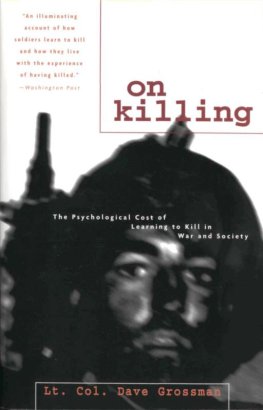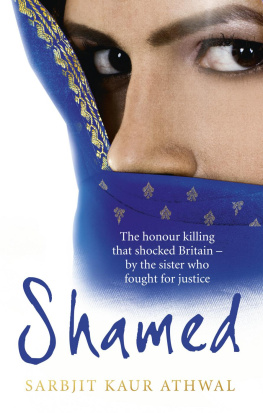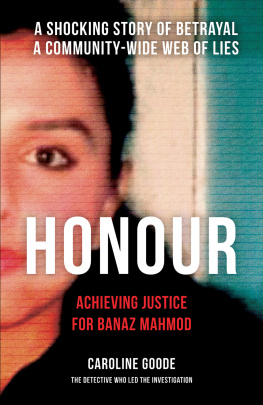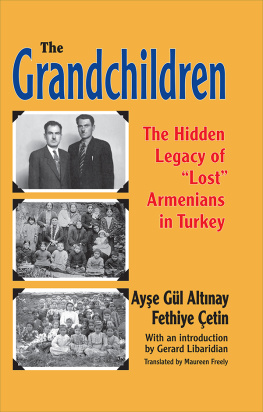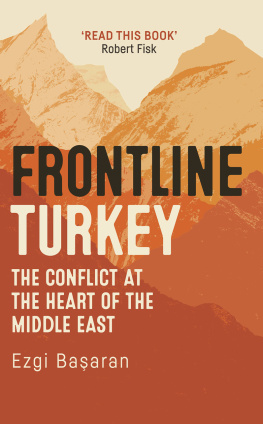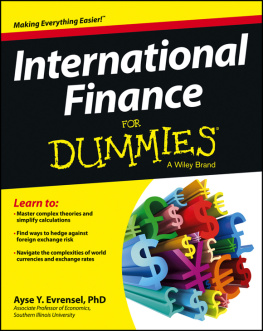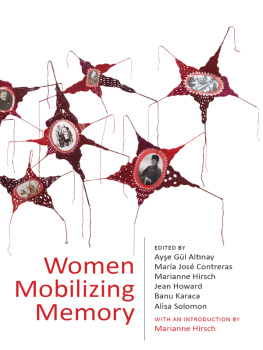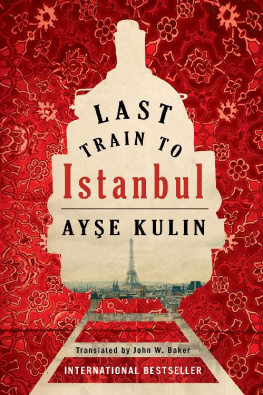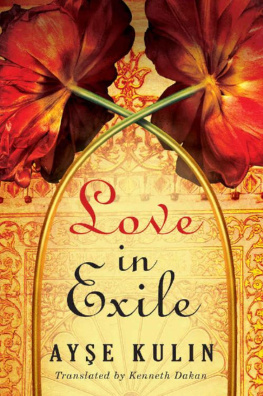INTRODUCTION
by Joan Smith
In June 2007, three men were convicted of the murder of a twenty-year-old woman from South London. Only one of them had actually taken part in the killing, which was particularly savage, but the others had ordered it: the murderers were hit-men who strangled the victim, stuffed her body in a suitcase and buried it in a garden in Birmingham. They boasted that they had stripped and raped the young woman before her dreadful death, and all but one of them disappeared from the UK shortly afterwards. What made the case peculiarly horrible was the fact that the two men convicted and sentenced to life imprisonment for ordering the murder were the girls father and uncle.
The murder of Banaz Mahmod caused an outcry when the facts began to emerge during the trial. She had been forced to marry a Kurdish cousin when she was sixteen, but left him and fell in love with an Iranian man from a different Kurdish clan. She was photographed kissing him on a Brixton street by men who had been ordered to follow her by her father and uncle, and their rage on seeing the picture precipitated her death. Her sister Bekhal told a Sunday Times journalist what happened: It was a kiss on the lips. No, not a snog. But they took a picture and gave it to my uncle and that was it. It was all over for Banaz just because she really loved that man. Bekhal herself now lives in hiding, fearing reprisals from her family. In 2002, when she was seventeen, she ran away from home after being beaten for refusing to marry a cousin who was twice her age. She said:
I wanted to have a life, holidays, travel the world, have a good job, have kids, have a family, get married. But families like mine are very strong and go back generations and generations. The family is all mixed blood of cousins to cousins and nephews, and becomes so deep and so intimate and incestuous that the members of it lose themselves.
Like some of the young women whose stories are told in Honour Killing, Bekhal Mahmod comes from a large Kurdish family. Her relatives fled to London to escape Saddam Husseins tyrannical regime in Iraq, but her description of the stifling atmosphere in which she and her sister grew up would be instantly recognisable to Ayse Onal from her work in Turkey. According to a report from a London-based think tank, The Centre for Social Cohesion, the Kurdish regions of Turkey and Iraq have some of the highest rates of honour killings in the world: In Turkey, Kurds, who make up no more than a quarter of the population, carry out a disproportionate number of honour killings. A 1999 survey of women in predominantly Kurdish south-eastern Turkey found that 74 per cent of rural women believed that their husband would kill them if they had an affair. When such families move to other parts of Turkey or to countries such as Germany and the UK they bring their traditional codes of behaviour with them and exact terrible punishment if their daughters, sisters and wives do not display total obedience. Remziye ztrk, the spirited young woman whose tragic story opens Ayse Onals book, came from a Kurdish family which moved to a sophisticated modern city, Istanbul, but like Banaz Mahmods father and uncle in Mitcham flatly refused to relax the strict rules of conduct imposed on girls and women.
Murders of Kurdish women are rare in Britain. Four are known to have been victims of honour killings, two of whom were taken abroad before they were murdered; in May 2007, nineteen-year-old Shawbo Ali Rauf was taken to Iraqi Kurdistan from her home in Birmingham and stoned to death after her family found unfamiliar numbers on her mobile phone. In all four cases, the murders were carried out either by older male relatives or by hit-men paid to commit the crime. Until very recently, official figures suggested there were around a dozen honour killings in the UK each year, predominantly in families of South Asian origin, but many people working in the field believed that this was an underestimate. As in Turkey, the practice has had its apologists; in a poll of 500 British Hindus, Sikhs, Christians and Muslims carried out for the BBCs Asian network in 2006, 10 per cent of the respondents said they would condone the murder of someone who offended their familys honour. In February 2008, however, a senior British police officer radically changed the terms of the debate. Giving evidence to the Home Affairs Committee of the House of Commons, Commander Steve Allen, who speaks for the Association of Chief Police Officers, said that around 500 cases of forced marriage and honour killings the two practices are inextricably linked are reported to the police and the Foreign Office forced marriage unit each year:
Is it under-reported? Massively. What we will never know, or cannot know at the moment, is the extent to which it is under-reported. If you were to ask me to hazard a guess, if the generally accepted statistic is that a victim will suffer thirty-five experiences of domestic violence before they report, then I suspect if you multiplied our reporting by thirty-five times you may be somewhere near where peoples experience is at, but we simply do not know.
What Allen is suggesting is that as many as 17,500 young people are victims of forced marriage and honour-based crimes in Britain each year. In one British city alone, Bradford, more than 200 teenage girls disappear from secondary schools each year and fail to return from trips to the Indian sub-continent; it is feared that some are being forced to marry relatives and are at risk of violence, including murder, if they resist. According to Nazir Afzal, a Crown Prosecution Service lawyer who is an expert in the field, a childs withdrawal from school should ring alarm bells: Often, if a girl or boy is taken out of school early, its a trigger that a forced marriage may be on the cards.
Family members who know the truth about an honour killing are often too scared to cooperate with the authorities, or actually collude in the crime. Nazir Afzal again:
These cases resonate beyond the immediate family as we often deal with cases where significant members took part in the act; in the murder. And in the case of Banaz [Mahmod], for instance, in addition substantial numbers of the community did not assist and support prosecutors; instead they supported the family members who were responsible for the killing. They really didnt care and it showed We dont see this as domestic violence its beyond that. The murder of Banaz was so brutal that it was a clear warning to others; it was a way of saying dont step out of line or this could be you.
In the same year that Banaz Mahmods father and uncle were convicted of her murder, British police also managed to get a conviction for the murder of Surjit Athwal, a twenty-seven-year-old Sikh woman who was taken to India and killed because she wanted a divorce. Surjits body was never found, and her husband and elderly mother-in-law were brought to justice years later when a relative finally decided to give new evidence to the police. Sometimes the violence extends beyond women to their children as well: in July 2006, thirty-twoyear-old Uzma Rahan and her three young children were murdered at their home in Cheadle Hulme, Greater Manchester, by her husband Rahan Arshad, who suspected she was having an affair. At his trial, Arshad told the court he was angered by the fact that his wife had begun wearing Western clothes. It wasnt right for a mother and someone who came from Pakistan to change the way she dressed all of a sudden, he said. On the day of the murder Arshad attacked his wife with a rounders bat, hitting her twenty-three times before turning it on his children. Not long before her death, Uzma had told friends she feared becoming the victim of an honour killing: Count the days before he kills me, she said. Like Banaz Mahmod, who appealed to the police for help several times on one occasion a policewoman dismissed her as dramatic and calculating no one took Uzma Rahans fears seriously enough to save her life. While most victims of honour killings are women, men have been murdered too. In November 2004, a nineteen-year-old student at Oxford Brookes University, Arash Ghorbani-Zarin, who was of Iranian descent, was murdered by the Bangladeshi family of his girlfriend, Manna Begum, after she refused to break off her relationship with him. The girls father, Chomir Ali, told his sons, aged sixteen and nineteen, to kill Arash after discovering that Manna was pregnant and the couple intended to marry.


